Ralph Waldo Emerson's oration delivered before the Phi Beta Kappa Society, at Cambridge, August 31, 1837 ...
The office of the scholar is to cheer, to raise, and to guide men by showing them facts amidst appearances. He plies the slow, unhonored, and unpaid task of observation. Flamsteed and Herschel, in their glazed observatories, may catalogue the stars with the praise of all men, and, the results being splendid and useful, honor is sure. But he, in his private observatory, cataloguing obscure and nebulous stars of the human mind, which as yet no man has thought of as such, — watching days and months, sometimes, for a few facts; correcting still his old records; — must relinquish display and immediate fame. In the long period of his preparation, he must betray often an ignorance and shiftlessness in popular arts, incurring the disdain of the able who shoulder him aside. Long he must stammer in his speech; often forego the living for the dead. Worse yet, he must accept, — how often! poverty and solitude. For the ease and pleasure of treading the old road, accepting the fashions, the education, the religion of society, he takes the cross of making his own, and, of course, the self-accusation, the faint heart, the frequent uncertainty and loss of time, which are the nettles and tangling vines in the way of the self-relying and self-directed; and the state of virtual hostility in which he seems to stand to society, and especially to educated society. For all this loss and scorn, what offset? He is to find consolation in exercising the highest functions of human nature. He is one, who raises himself from private considerations, and breathes and lives on public and illustrious thoughts. He is the world's eye. He is the world's heart. He is to resist the vulgar prosperity that retrogrades ever to barbarism, by preserving and communicating heroic sentiments, noble biographies, melodious verse, and the conclusions of history. Whatsoever oracles the human heart, in all emergencies, in all solemn hours, has uttered as its commentary on the world of actions, — these he shall receive and impart. And whatsoever new verdict Reason from her inviolable seat pronounces on the passing men and events of to-day, — this he shall hear and promulgate.
These being his functions, it becomes him to feel all confidence in himself, and to defer never to the popular cry. He and he only knows the world. The world of any moment is the merest appearance. Some great decorum, some fetish of a government, some ephemeral trade, or war, or man, is cried up by half mankind and cried down by the other half, as if all depended on this particular up or down. The odds are that the whole question is not worth the poorest thought which the scholar has lost in listening to the controversy. Let him not quit his belief that a popgun is a popgun, though the ancient and honorable of the earth affirm it to be the crack of doom. In silence, in steadiness, in severe abstraction, let him hold by himself; add observation to observation, patient of neglect, patient of reproach; and bide his own time, — happy enough, if he can satisfy himself alone, that this day he has seen something truly. Success treads on every right step. For the instinct is sure, that prompts him to tell his brother what he thinks. He then learns, that in going down into the secrets of his own mind, he has descended into the secrets of all minds. He learns that he who has mastered any law in his private thoughts, is master to that extent of all men whose language he speaks, and of all into whose language his own can be translated. The poet, in utter solitude remembering his spontaneous thoughts and recording them, is found to have recorded that, which men in crowded cities find true for them also. The orator distrusts at first the fitness of his frank confessions, — his want of knowledge of the persons he addresses, — until he finds that he is the complement of his hearers; — that they drink his words because he fulfils for them their own nature; the deeper he dives into his privatest, secretest presentiment, to his wonder he finds, this is the most acceptable, most public, and universally true. The people delight in it; the better part of every man feels, This is my music; this is myself.
CONNECT.

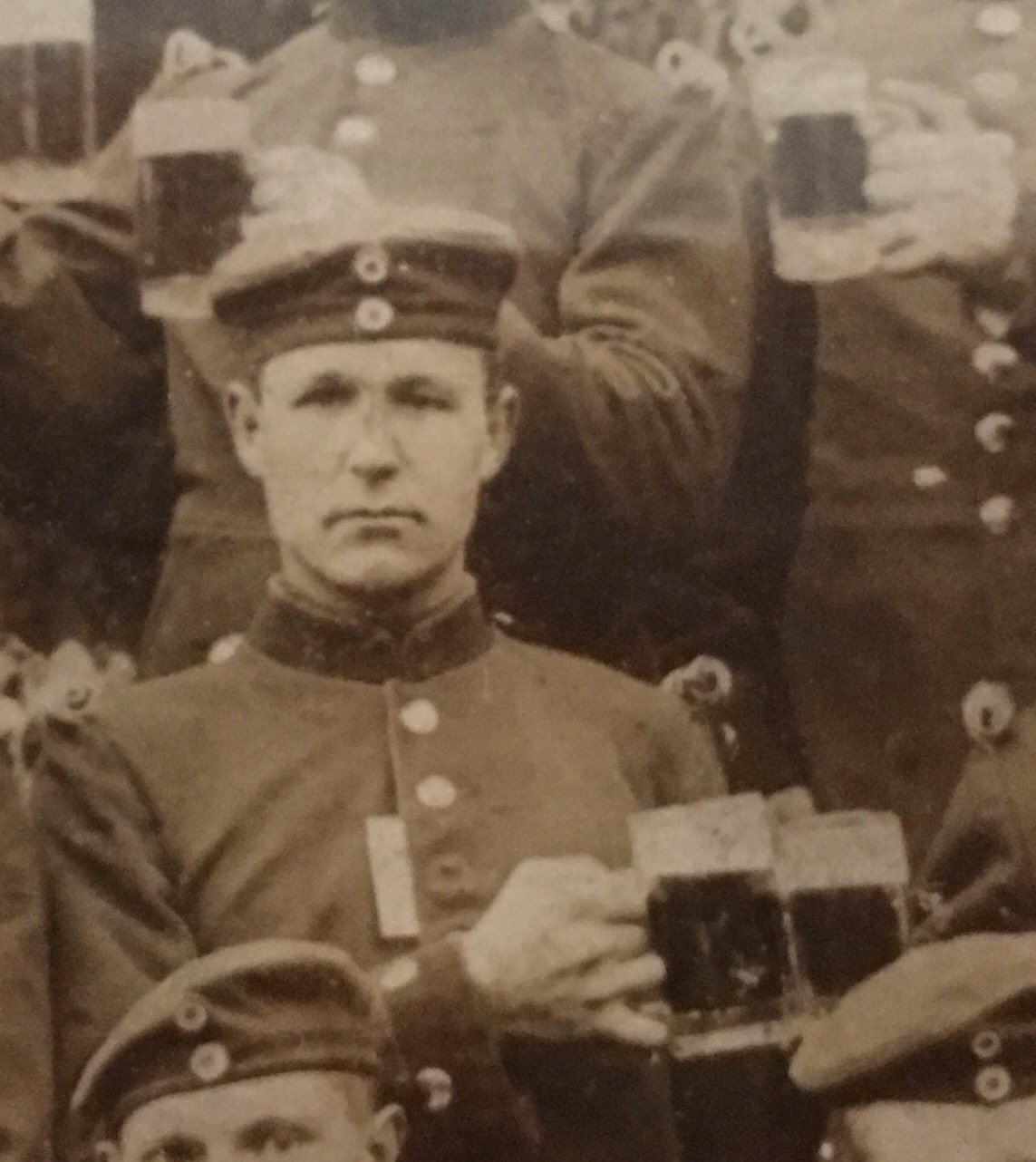







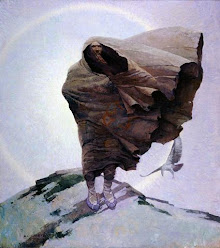














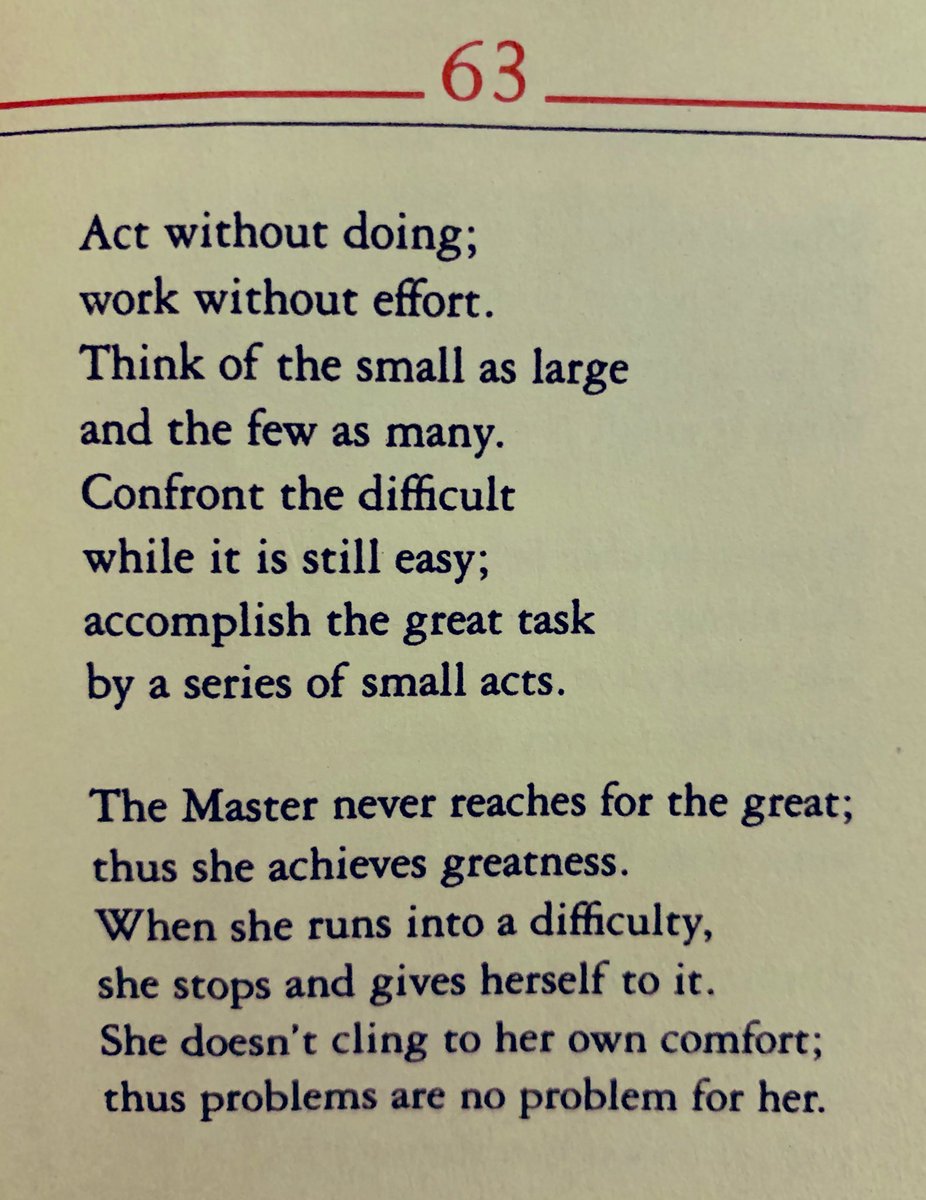









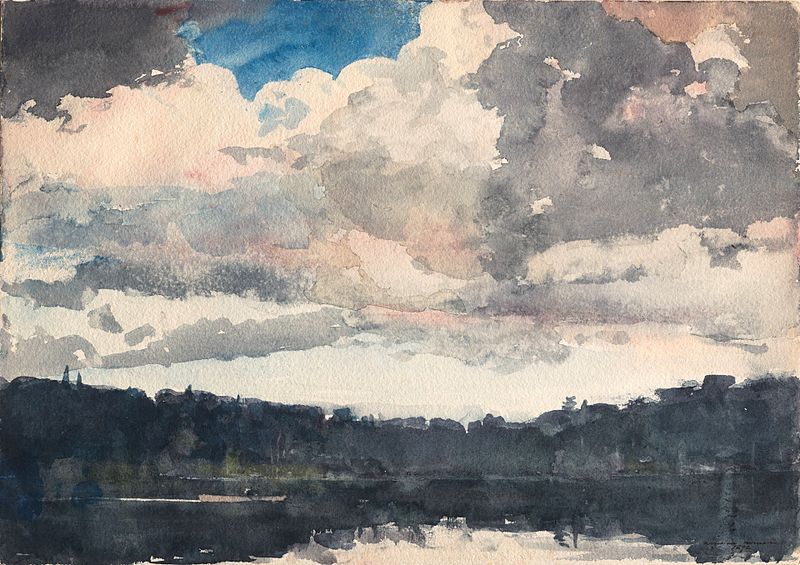





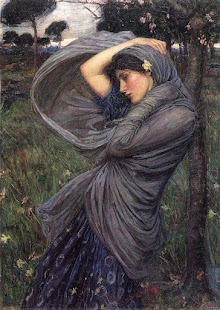





















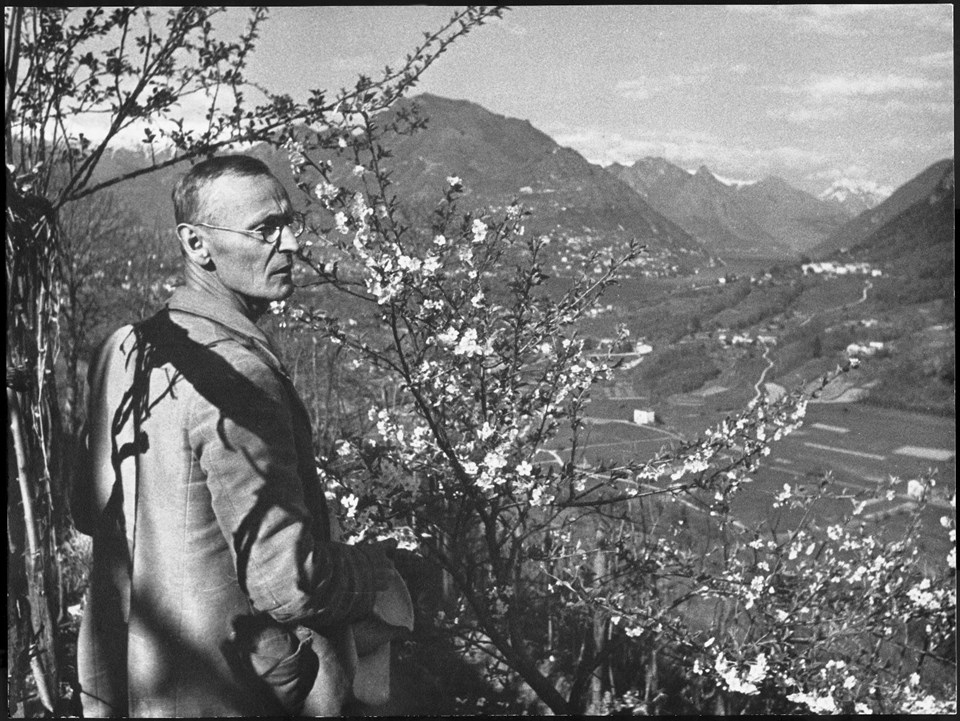


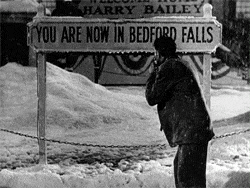







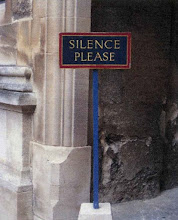









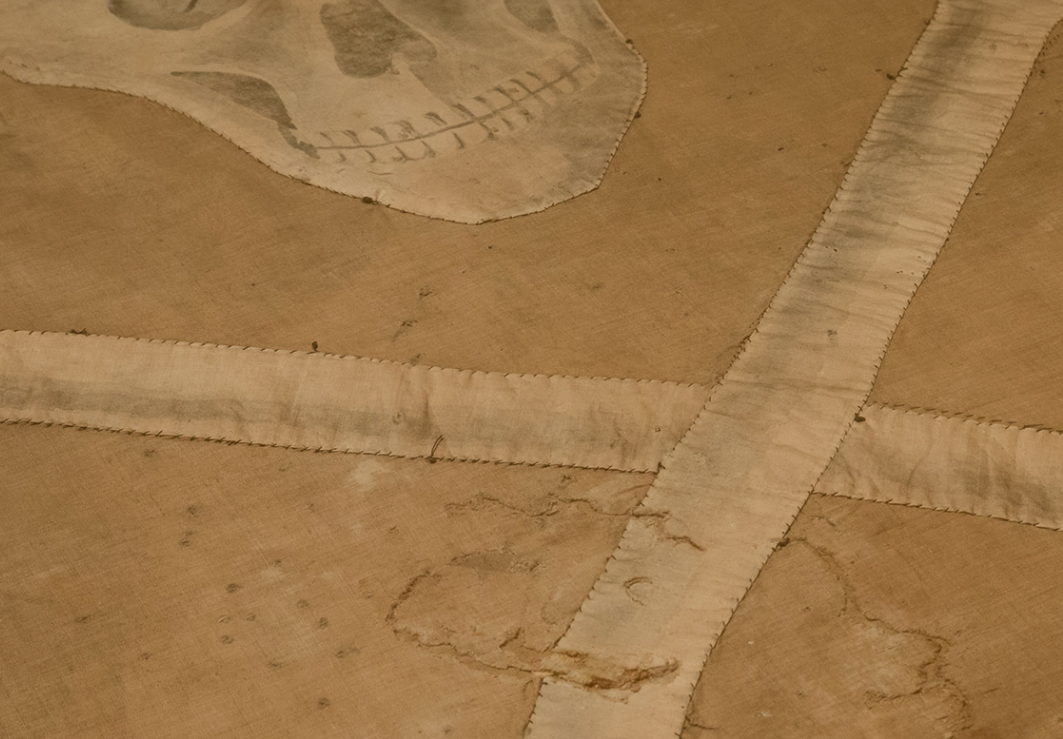

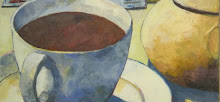
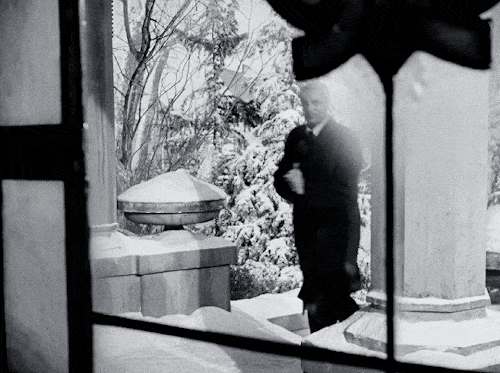


















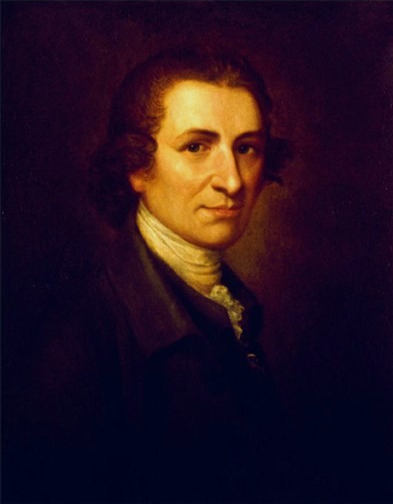


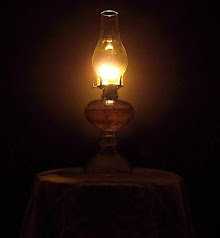







No comments:
Post a Comment